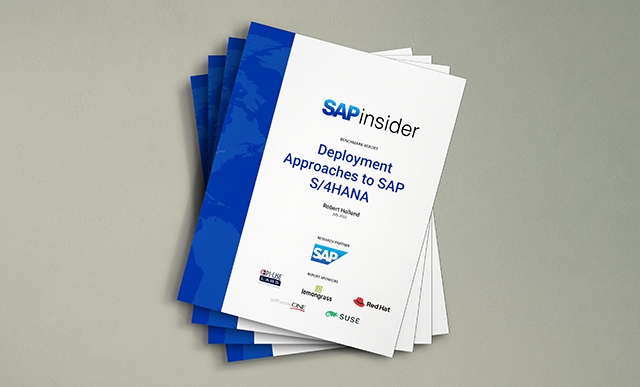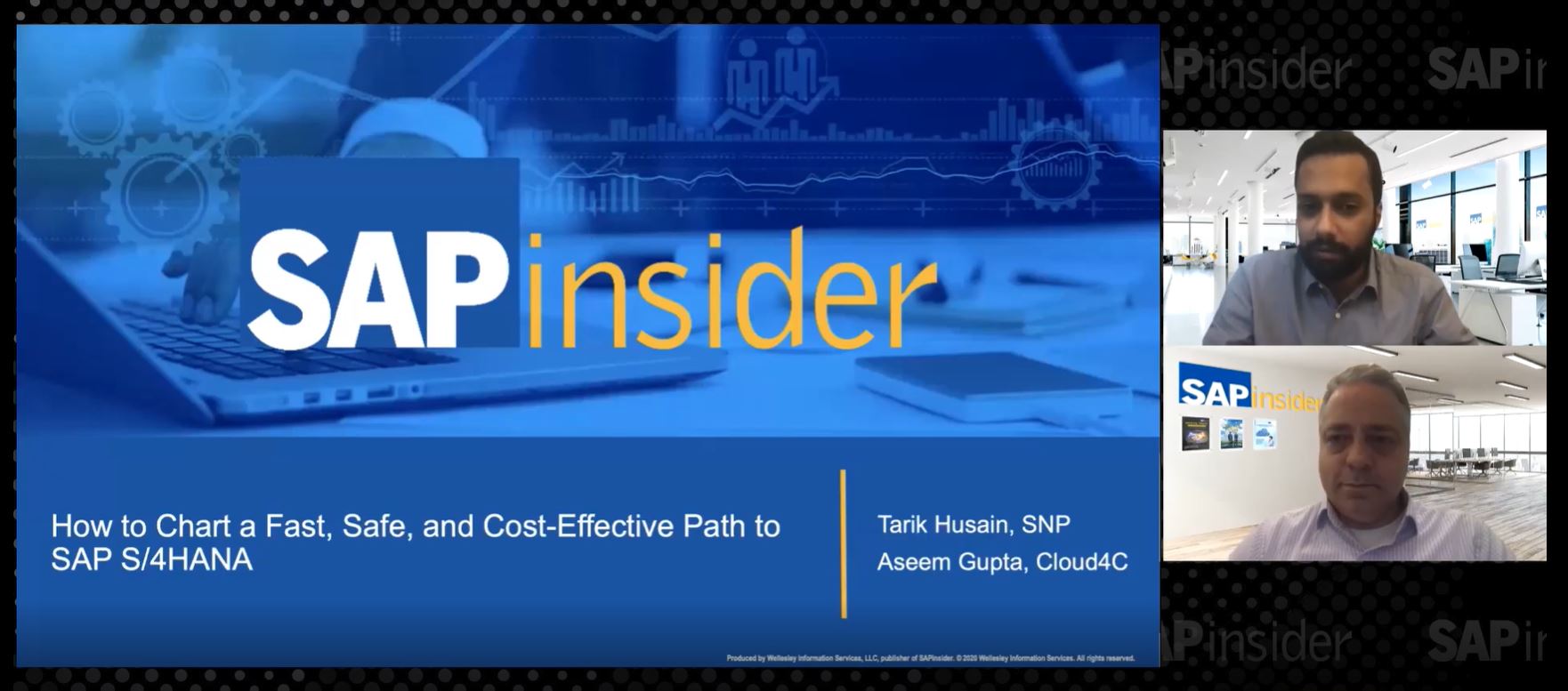IBM and KPMG Alliance: Strengthening Business Transformations in the Energy and Utilities Sector
Meet the Authors
Key Takeaways
⇨ KPMG and IBM announced a new initiative that aims to help SAP S/4HANA implementations in the energy and utilities sector.
⇨ The partnership is expected to help these organizations capitalize on their SAP investment.
⇨ Companies will also receive support for growth initiatives.
IBM and KPMG recently expanded their partnership, aiming to bolster business transformations for clients implementing SAP S/4HANA in the energy and utilities sector. The partnership signifies the consultancies’ determination to advance technological solutions for SAP’s user companies.
Bill Piotrowski, Americas SAP Leader for IBM Consulting, remarks, “As companies across industries accelerate the shift to cloud and contemplate the move to SAP S/4HANA, they will need the support from trusted experts to help achieve success in any transformation project.” By joining forces, IBM and KPMG are addressing this demand, leveraging IBM’s long-standing experience with SAP alongside KPMG’s broad industry knowledge.
Navigating the Challenges of ERP Implementations
The implementation of ERP projects, especially cloud-based solutions, poses both opportunities and challenges. These projects promise streamlined operations and heightened efficiency, yet they come with significant risks of unexpected complications if not managed correctly. Bill Piotrowski underscores the importance of reliable partnerships, noting, “We’re excited to partner with KPMG to provide Energy & Utilities clients access to industry insights that will help them capitalize on their SAP investment, backed by our experience in supporting numerous SAP S/4HANA transformations globally.”
Explore related questions
With the merger of IBM Consulting’s technical expertise and KPMG’s understanding of the industry, the partnership aims to diminish these risks and increase the chances of successful ERP project completions.
Prioritizing Financial Aspects in ERP Implementations
Beyond the evident technical challenges of ERP, financial factors play a pivotal role in shaping the outcome of the project. As Brad Stansberry, Energy & Chemical Industry Advisory Leader at KPMG, explains, “Identifying the potential value created by financial considerations up front in the planning of an ERP implementation can significantly improve the likelihood of success.” He also highlights the advantage of the IBM and KPMG partnership, stating that the collaboration will “expand our ability to help our joint clients accelerate productivity and unlock growth opportunities.”
The Real-World Impact: Liberty Utilities’ Experience
To understand the real-world implications of this alliance, consider the transformation journey of Liberty Utilities. Their significant transformation, driven by both KPMG and IBM, demonstrates the strength of this partnership. Jody Allison, Vice President, Transformation at Liberty Utilities, shares, “IBM Consulting has been our trusted partner, and we continue our collaboration to accelerate our transformation.” She further elaborates on the benefits, noting that “IBM’s relationship with KPMG offers crucial financial and advisory expertise, which will augment our ‘Customer First’ platform across our entire organization.”
In today’s fast-paced technological landscape, strategic collaborations such as the one between KPMG and IBM are crucial. By pooling their technical, advisory, and financial expertise, the partnership assures businesses in the SAP S/4HANA environment a path to efficient, value-driven transformation. With such a robust alliance, companies can confidently navigate their digital transformation journeys, achieving their operational and financial goals.
What Does This Mean for SAPinsiders?
Businesses operating in the energy and utilities sector stand to benefit significantly from this renewed alliance. Combining the expertise of IBM and KPMG offers companies:
- Improved implementation results. Combining technical expertise with industry knowledge enhances the chances of ERP implementation success.
- Enhanced financial strategy. By emphasizing financial considerations at the early stages, companies can better forecast results that drive value.
- Support for growth. As businesses grow and evolve, the partnership provides essential support, allowing for smooth integration of new resources and business acquisitions.






